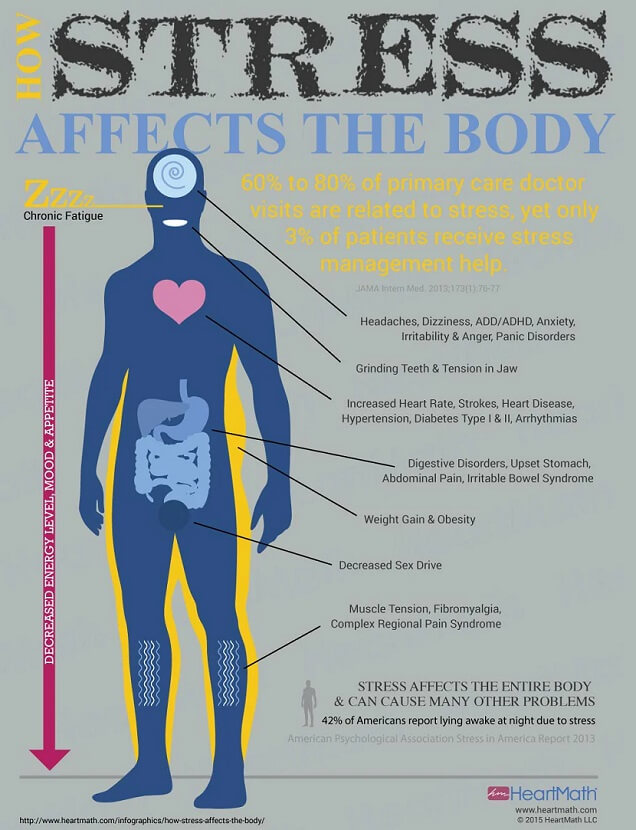Post-childbirth is one of the most common situations for women to have hormonal imbalances. The endocrine system and hormonal levels need to go through a major adjustment following the birth of an infant.
Hormonal balance can mean the difference between a happy or stressful first three months.
Childbirth places a heavy burden on the physical body. The coming first three months can be one of the most stressful times in a woman's life, especially with lack of sleep and breastfeeding strains associated with caring for a baby.
Pregnancy and nutrition
During pregnancy, the foetus constantly demands nutrition despite the mother often already suffering from nutritional deficiencies. As women tend to have children later in life nowadays, there is a greater chance that these mothers-to-be are going to be nutrient deficient. This can be seen in the increasing ratio of birth defects among older women.
For this reason, it's important for all women to follow a comprehensive preconception program to enhance their endocrine health for 3 to 6 months prior to conceiving. This helps to minimise complications during pregnancy and maximises the chance of having a healthy child.
A good preconception program along with correct pregnancy supplementation also optimises nutrition and balances hormone levels, both of which are quite important to allow the body to recover fully after the child is born. Our 8-Week Program is the perfect preconception diet and lifestyle routine that can be followed by both the mother and father-to-be.
Hormonal imbalance and postnatal depression
When a woman is already nutritionally deficient prior to conception, there are much higher chances of post-pregnancy hormonal imbalances. The increasing rates of postnatal depression are associated with nutritional deficiencies and hormonal imbalances. Zinc, calcium, magnesium, B vitamins and essential fatty acids are the most important nutritional requirements during pregnancy.
A woman does not need to experience postnatal depression to have a hormonal imbalance. The simple process of the body readjusting hormone levels post pregnancy requires a balanced endocrine system. Hormonal imbalances can develop very easily if the endocrine system was imbalanced prior to pregnancy or affected during pregnancy.
Even if a woman manages to come through a pregnancy without any degree of hormonal imbalance, the demands of raising children can contribute to the disruption of endocrine balance. Inadequate sleep, nutrient deficiency from breastfeeding, stress, and often poor eating through time restriction can all lead to hormonal shifts. The whole process of pregnancy, childbirth and rearing children seems to be a bit of a design fault when you look at the complications which can occur!
Balancing hormones for an ideal pregnancy experience
I highly recommend yoga every day during pregnancy, if possible. Yoga opens up the pelvis and prepares the body for childbirth.
Having a balanced hormonal system also assists with creating the most ideal environment for breastfeeding. Post labour, your body's ability to manufacture milk can depend on many factors; however, hormonal balance is highly critical. Raspberry leaves are another excellent tonic for the uterus and should be taken every day during pregnancy.
A little bit of preparation makes for a much smoother process during pregnancy. It also reduces the chances of post-childbirth hormonal imbalances especially relating to postnatal depression.









Leave a comment
This site is protected by hCaptcha and the hCaptcha Privacy Policy and Terms of Service apply.